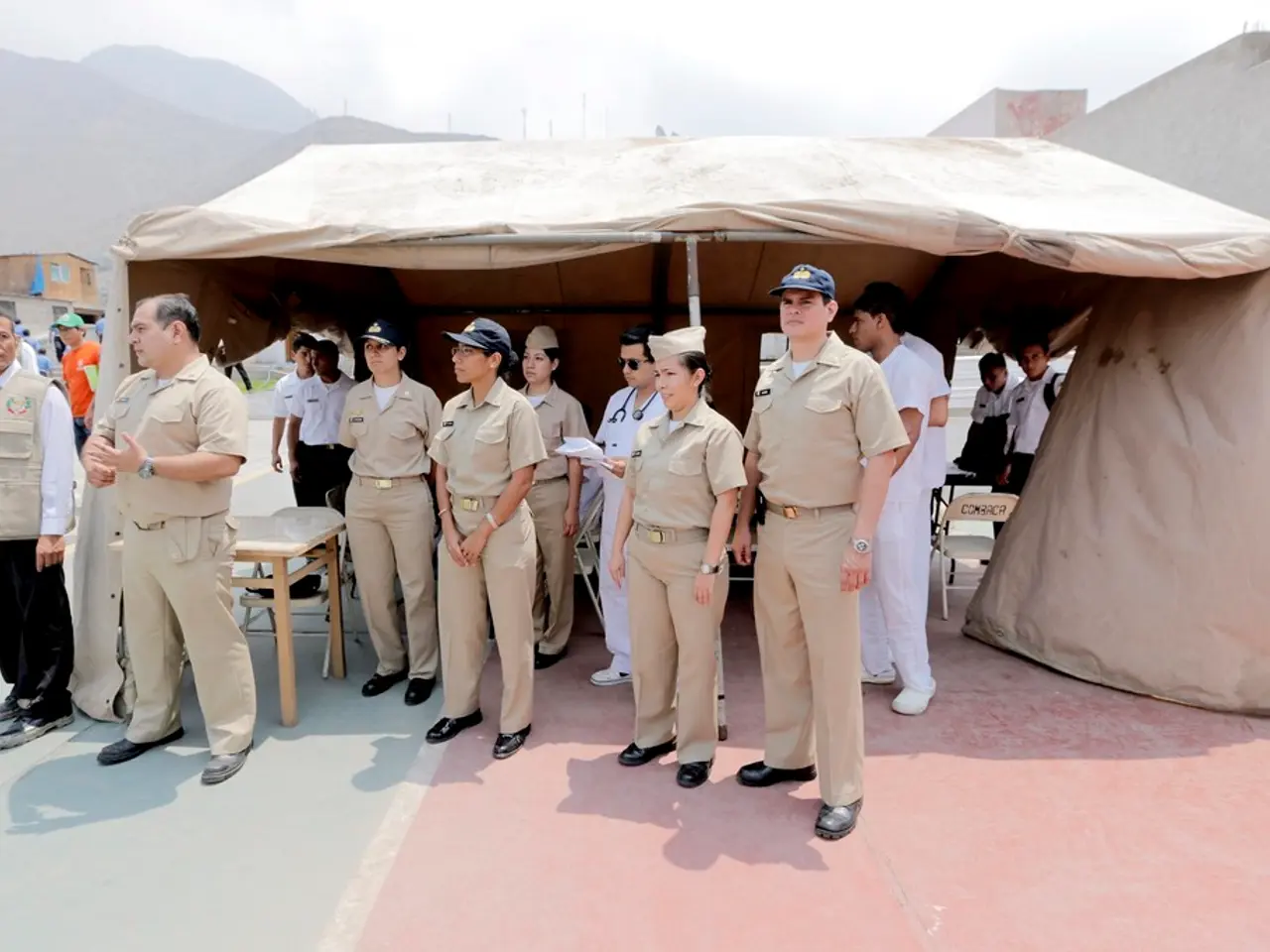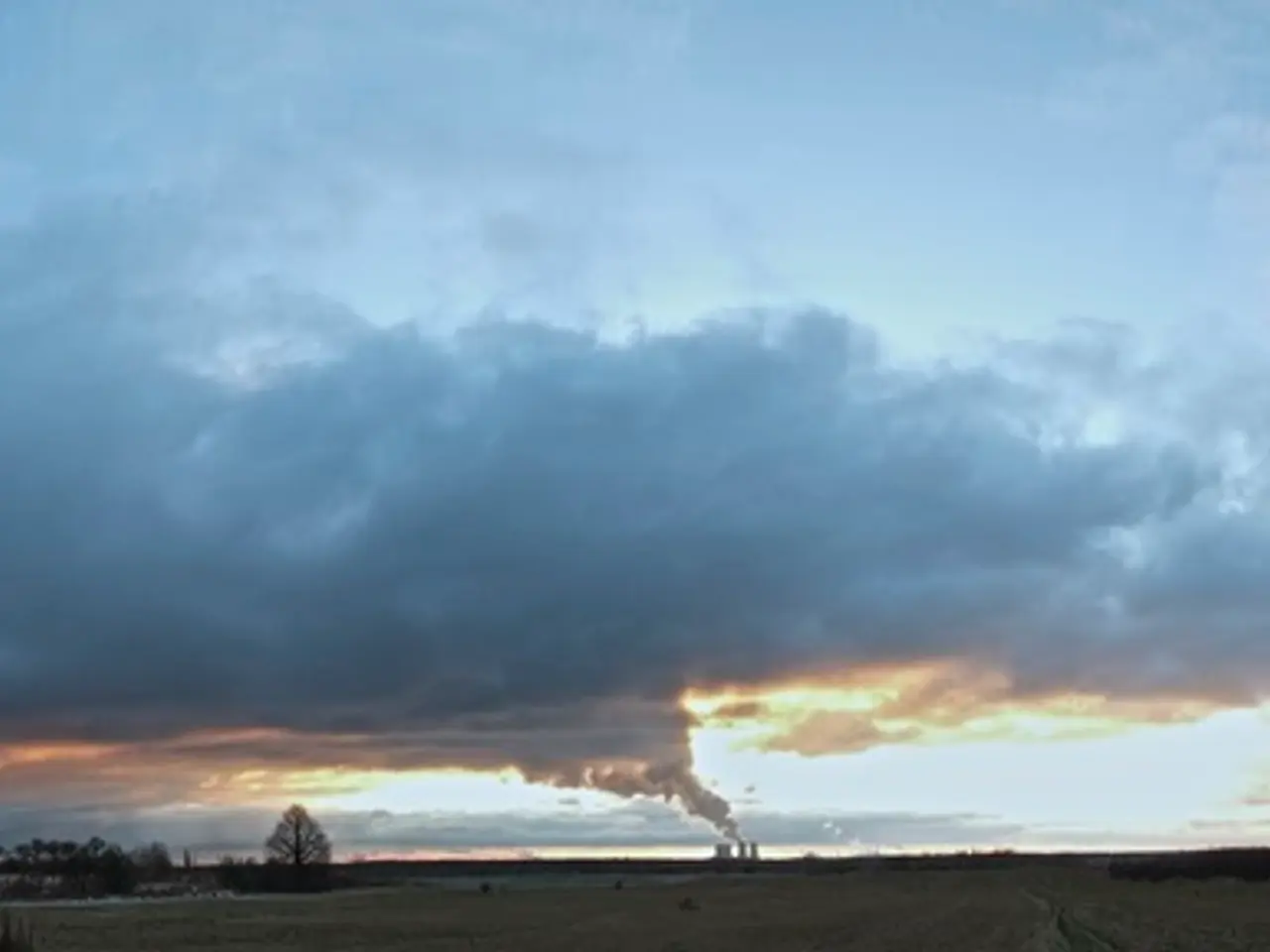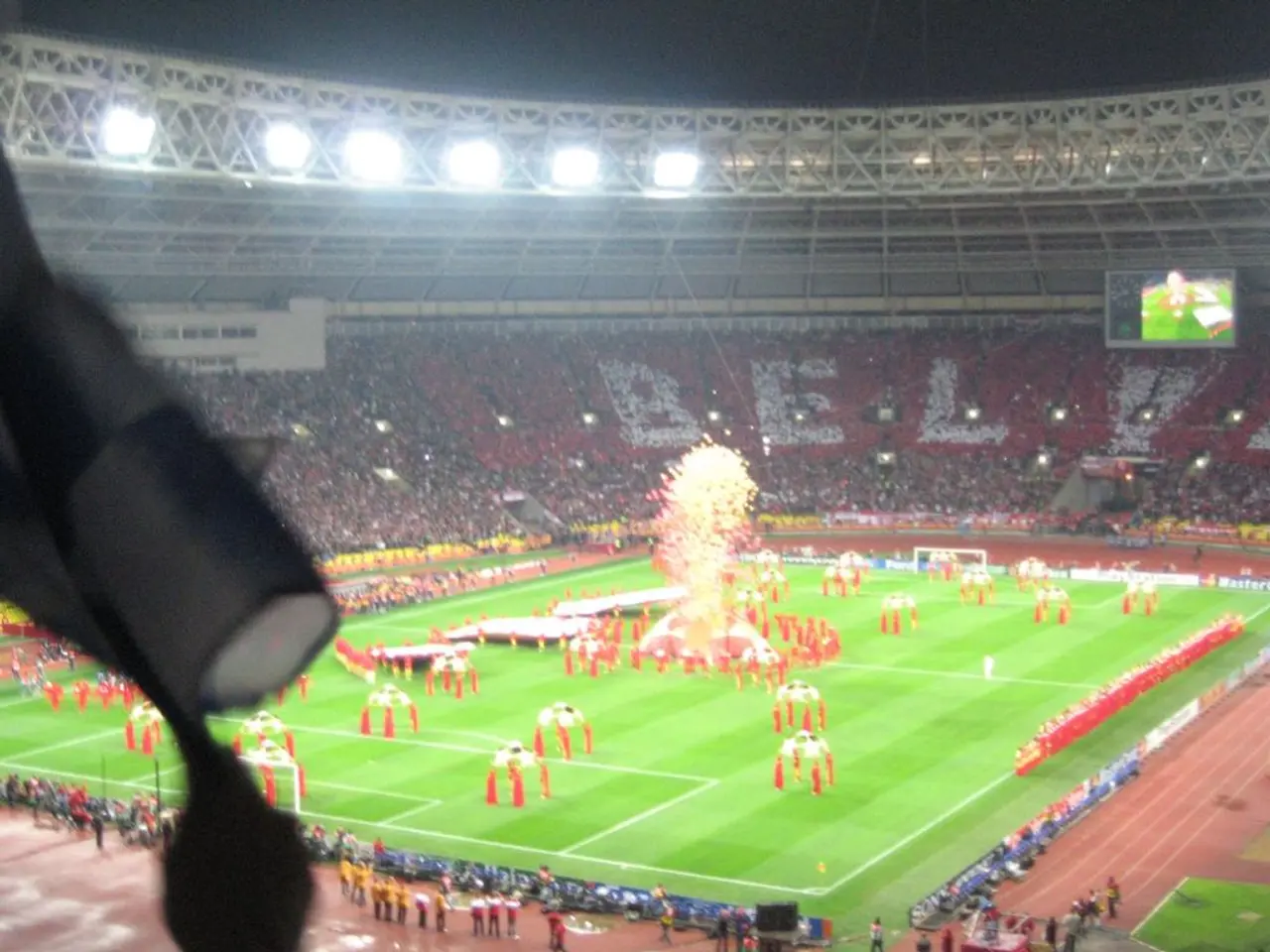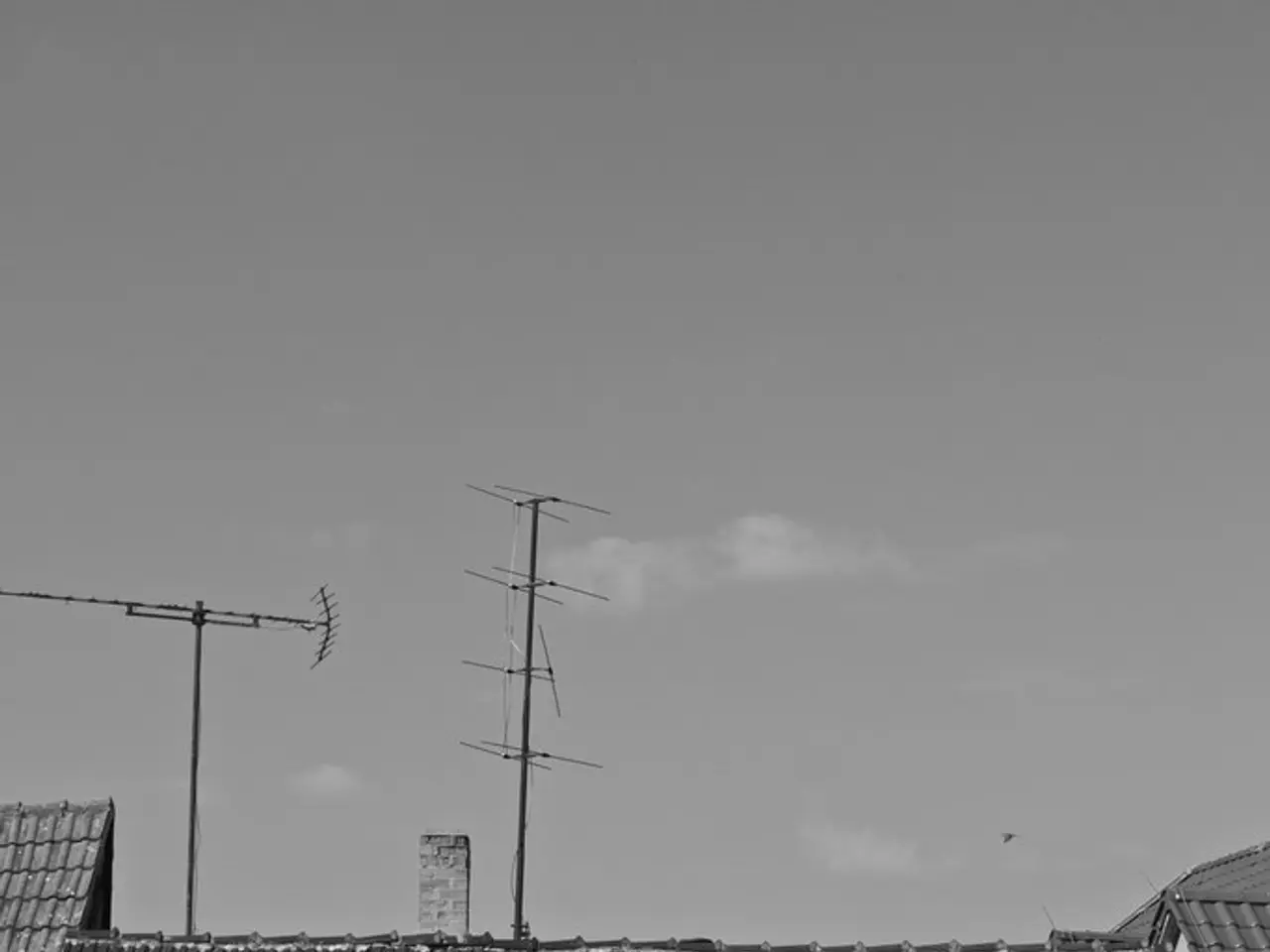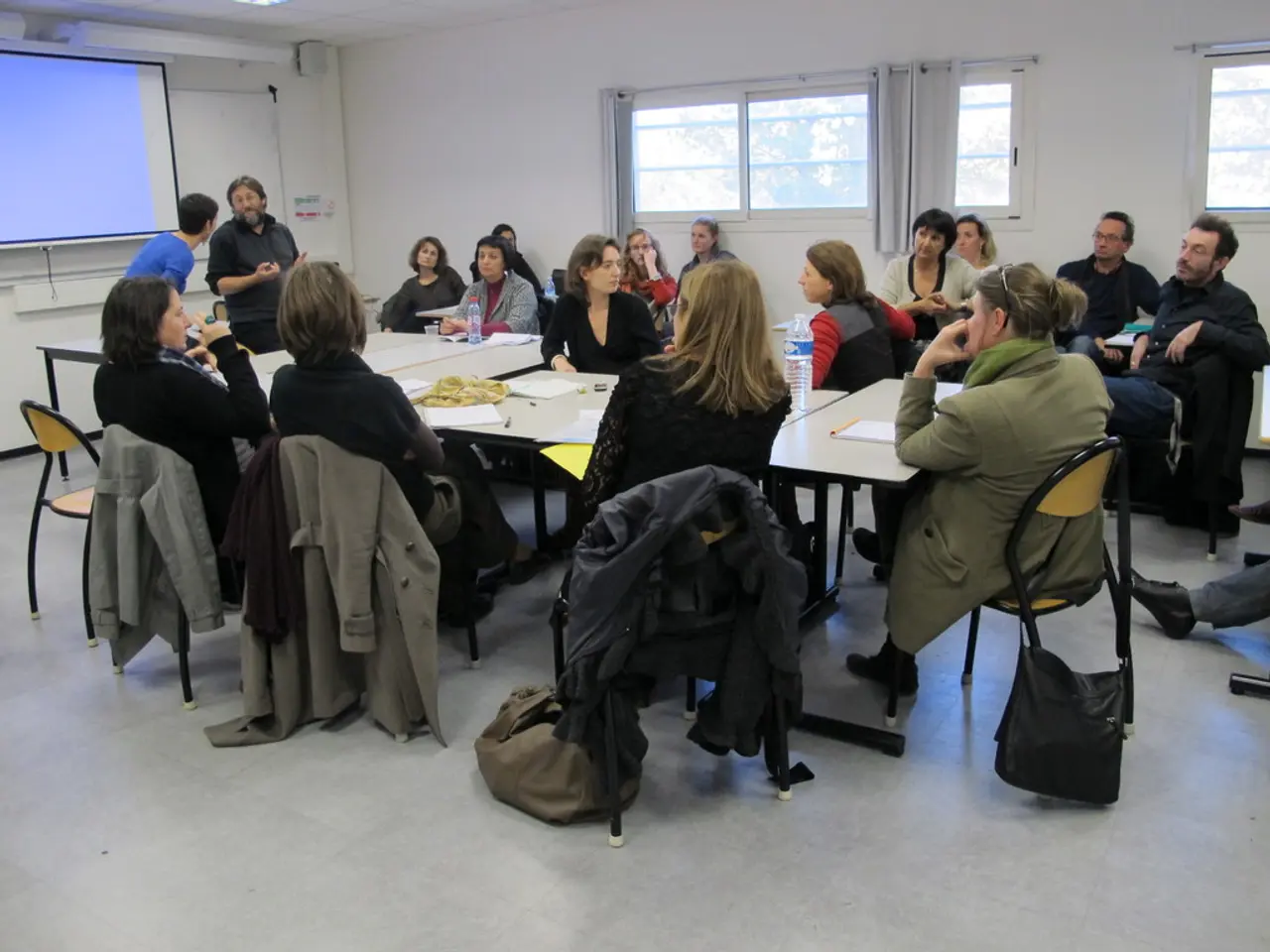Malicious Allegations Labeled by Spahn
In a significant development, a potential parliamentary inquiry into the mask procurement during the Corona pandemic in Germany is gaining momentum. The Union (CDU/CSU) and SPD have expressed support for the establishment of a Bundestag Enquetekommission to investigate the broader handling of the pandemic, including the mask procurement [3].
The controversy surrounding the mask procurement primarily involves the former Health Minister, Jens Spahn (CDU), whose deals have faced growing criticism and legal scrutiny. The financial consequences are substantial, with the federal budget still incurring millions of euros in follow-up costs for managing excess masks purchased in 2020, and no clear plan for distribution of the remaining 800 million masks [1].
This ongoing financial impact has sharpened criticism from opposition parties, particularly the Greens and The Left, who call for accountability and transparency regarding Spahn’s decisions and the handling of the pandemic supplies [1]. The opposition in the Bundestag, including the Greens and Left, have increased pressure on Spahn, claiming he was personally closely involved in mask deals.
While not explicitly stating opposition to the inquiry, the Greens and The Left have escalated their criticism of the mask procurement process and demand more rigorous accountability, implying that they see the inquiry as necessary but possibly insufficient if limited or delayed [1]. The SPD's approval is the only thing missing for the establishment of the committee, according to Green parliamentary group leader Irene Mihalic.
However, the Greens and Left do not have the necessary 25 percent of members of parliament for the establishment of an investigative committee and do not want to rely on votes from the AfD. Left parliamentary group leader Heidi Reichinnek criticizes the Union's handling of the mask procurement case, stating it damages their credibility.
The Union, on the other hand, rejects the proposed investigative committee, with parliamentary group leader Steffen Bilger stating a committee of inquiry staffed only with politicians is a classic instrument of the opposition. Jens Spahn, however, has stated that he wishes his actions during the emergency to be evaluated in context and believes a committee of inquiry would be a better way to address and calm society.
Margaretha Sudhof, a special investigator, is expected to appear in the budget committee for a "technical discussion" on Tuesday. The current status indicates a move toward a structured parliamentary inquiry rather than a more narrowly focused committee solely on mask deals [3]. The inquiry is thus moving forward under broad parliamentary agreement, but it remains a contentious topic due to the financial aftermath and political fallout from the mask procurement scandals involving Jens Spahn [1][3].
What is the current status of the potential parliamentary inquiry into the mask procurement policy-and-legislation during the Corona pandemic in Germany? The ongoing controversy, particularly regarding former Health Minister Jens Spahn's deals and the financial aftermath, has prompted general-news media to describe the inquiry as a contentious topic in politics, with broad parliamentary agreement moving forward towards a structured inquiry but still debated due to its potential implications.

